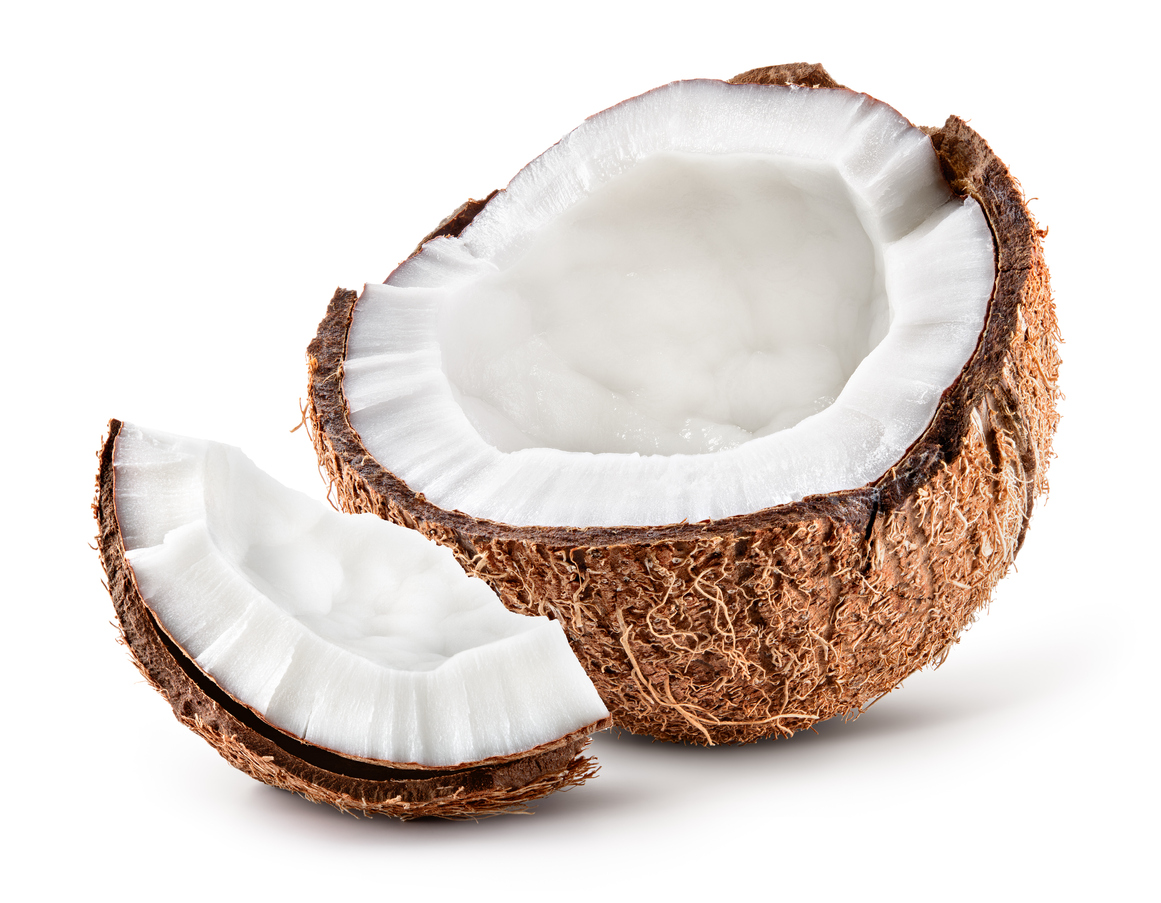Wigmore Trading: Your Gateway to High-Quality Coconut and Vegetable Fibers from Sri Lanka
Wigmore Trading: Your Gateway to High-Quality Coconut and Vegetable Fibers from Sri Lanka
Are you searching for a reliable supplier of high-quality coconut and vegetable fibers? Look no further! Wigmore Trading is here to be your ultimate gateway to the wonders of Sri Lanka. With our extensive experience and dedication to excellence, we have become the go-to destination for businesses seeking premium natural fibers. Join us on this exciting journey as we delve into the fascinating world of coconut and vegetable fibers, exploring their countless benefits and showcasing how Wigmore Trading can fulfill all your fiber needs. Get ready to discover a world of possibilities with us!
What is Coconut and Vegetable Fiber?
Coconut and vegetable fiber are two types of fibers that can be found in many natural products. Coconut fiber is a type of fiber that comes from the meat of a coconuts. Coconut fiber can be used in many ways, such as making clothing, bags, and other items. Vegetable fiber is another type of fiber that comes from plants. Vegetable fiber can be used to make clothing, bags, and other items.
Where Does Coconut and Vegetable Fiber Come from in Sri Lanka?
Coconut and vegetable fiber come from the husks of coconuts and vegetables that have been dried in the sun or a dehydrator. Wigmore Trading is one of the few companies in Sri Lanka that produces coconut and vegetable fiber. They get their raw materials from local farmers who carefully select coconuts and vegetables that have dense, solid husks. The husks are then cleaned, de-husked, and split into small pieces. The fibers are then dried in the sun or a dehydrator until they are hard.
How Is Coconut and Vegetable Fiber Processed?
Wigmore Trading is a leading trader and processor of coconut and vegetable fibers from Sri Lanka. Coconut fiber is used in a variety of products, including paper, textiles, insulation, and furniture. Vegetable fiber is used in a wide variety of products, including clothing, bedding, and medical supplies.
Coconut fiber is extracted from the husk of mature coconuts using a process known as retting. The husk is wetted down until it begins to ferment. The fermentation process breaks down the cell walls of the coconut husk, allowing the fiber to be extracted without having to remove the liquid content.
Vegetable fiber is also extracted from the husk of mature coconuts using a process known as retting. However, the water used to wet down the husk does not contain any alcohol or other chemicals. This leaves the vegetable fiber with little chance of becoming impure or contaminated. The water used to wet down the husk also helps to draw out moisture and nutrients from the plant material.
What are the Benefits of Purchasing Coconut and Vegetable Fiber from Wigmore Trading?
Wigmore Trading is a leading provider of coconut and vegetable fiber products from Sri Lanka. Coconut fiber has been used for centuries as a natural replacement for other fabrics in clothing and furnishings due to its thermal insulation, moisture-repelling properties, and natural stain resistance. Vegetable fiber is composed of both cellulose and lignin, which make it an ideal material for manufacturing textiles because it is both strong and versatile.
Some of the benefits of purchasing coconut and vegetable fiber from Wigmore Trading include:
-Coconut fiber is a natural thermal insulator, so items made with this fiber will keep you warm in cold weather conditions and cool in hot weather conditions.
-Vegetable fiber is moisture-repellent, so clothes made with this material will stay dry even if they get wet. This property can be especially useful when you are living in a humid climate.
-Because coconut and vegetable fibers are both strong and versatile, they are perfect for creating items such as bags, backpacks, blankets, clothing, and home furnishings.
How to Export Coconut and Vegetable Fibers from Sri Lanka with Wigmore Trading
Sri Lanka is one of the world’s leading producers of coconuts and vegetables, with a long history of cultivation. The country has numerous small villages scattered throughout the countryside, each with their own unique production methods. Wigmore Trading works closely with local farmers to source the highest quality coconut and vegetable fibers for export.
To get started, you will need to obtain a permit from the Sri Lankan government. Once you have your permit in hand, contact Wigmore Trading to set up a time to visit the farm. During your visit, you will be able to sample the different types of fibers produced on the farm and learn about the harvesting process.
The fibers are then dried before being exported to international markets. Wigmore Trading carefully selects vendors who can best meet the quality specifications demanded by buyers worldwide. With years of experience in sourcing high-quality coconut and vegetable fibers, Wigmore Trading is your best choice for finding what you’re looking for in Sri Lanka.
Conclusion
If you’re looking for a high-quality coconut and vegetable fiber resource, look no further than Wigmore Trading. This company sources its fibers from the renowned coconut and vegetable plantations in Sri Lanka, where the conditions are ideal for cultivating these types of fibers. With so many different applications for these fibers – such as organic fabric softener, insulation, and even biodegradable plastics – there’s something for everyone at Wigmore Trading.








Comments are closed.